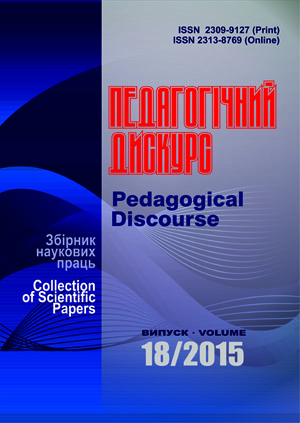Spiral Cognition: Epistemological Grounds
Abstract
The article focuses on the bases of multiparadigmatic spiral cognition. In particular, levels and ways of cognition have been examined, the mechanisms of cognitive activity have been traced. The importance of gnoseological pluralism has been cleared out, according to which combination of rational, sensual, and experience in cognitive process is postulated. The idea of interaction of different formations and paradigms of cognition, resulted in creation of multiparadigmatic epistemological systems has been accentuated. The spiral model of knowledge acquisition has been offered.
Downloads
References
Popper K. Logika i rost nauchnogo znaniya, Moscow, Progress, 1983, 580 p.
Socy’al’naya filosofiya: Slovar’ / [sost. i red. V. E. Kemerov, T. Kh. Kerimov], Moscow, Akademicheskij Proekt, 2003, 560 p.
Stryukovskij V. I., Starostin A. M. Filosofiya nauki, Moscow, Izdatel’skij dom «Dashkov i K», 2009, 367 p.
Teoriya poznaniya / pod red. V. A. Lektorskogo, T. I. Ojzermana, Moscow, Filosofskaya my’sl’, 1991, 428 p.
E’nciklopediya e’pistemologii i filosofii nauki / pod red. I. T. Kasavina, Moscow, «Kanon+», ROOY «Reabylytatsyya», 2009, 344 p.

This work is licensed under a Creative Commons Attribution-NonCommercial-ShareAlike 4.0 International License.

















